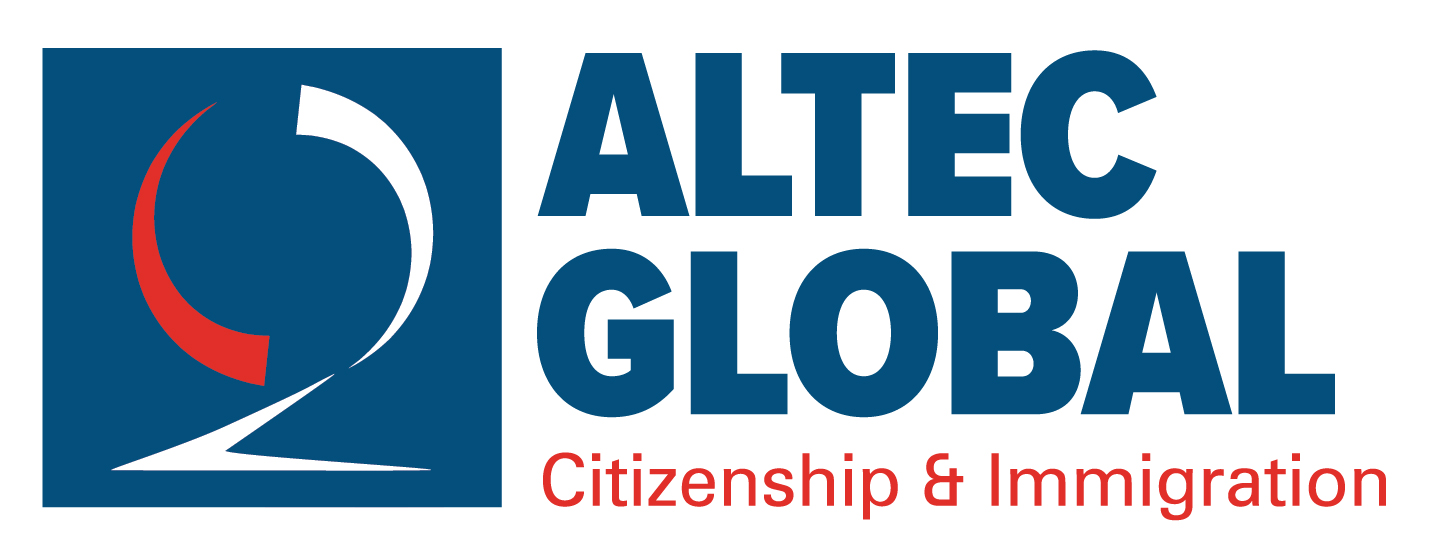Canada is renowned for its commitment to family reunification, and one notable way it demonstrates this is through the Spousal Open Work Permit program. Spouses, common-law partners, and conjugal partners of Canadian citizens or permanent residents can obtain an open work permit while their sponsorship application for permanent residence is being processed. In this comprehensive guide, we’ll explore the intricacies of spousal open work permits, the associated eligibility criteria, and the broader context of Canada’s commitment to family reunification.
Understanding Spousal Open Work Permits
Spousal open work permits offer a significant advantage to sponsored individuals. They enable them to work for almost any employer in Canada, providing financial support for themselves and their family during the application process. This means that while their journey toward permanent residency is underway, they can actively contribute to their family’s well-being in Canada.
Eligibility for Spousal Open Work Permits
Who can apply for spousal open work permits? This program is available to spouses, partners, and dependents of Canadian permanent residents, citizens, temporary workers, and students already in Canada. This marks a significant expansion, as previously open work permits were primarily accessible through inland sponsorship or for those residing in Canada on a Temporary Residence Visa (TRV).
To be considered for a spousal open work permit, the candidate must meet several key criteria:
- Principal Applicant: They must be the principal applicant who has submitted a permanent residence application under the Spouse or Common-Law Partner in Canada Class or as a spouse, common-law, or conjugal partner under the family class. This application should have been accepted for processing by IRCC after meeting a completeness check, and it should not have been refused or withdrawn.
- Duration of Work Permit: The work permit requested should be for a maximum duration of two years.
- Subject of a Sponsorship Application: The applicant must be the subject of a sponsorship application submitted by their Canadian citizen or permanent resident spouse, common-law, or conjugal partner.
- Residential Address: They should share the same residential address as their sponsor in Canada at the time of the application.
- Valid Temporary Resident Status: The applicant should have valid temporary resident status in Canada or be eligible for and have applied for the restoration of their status.
Both the applicant and the sponsor must meet all eligibility requirements under spousal or common-law partner sponsorship.
Spousal Sponsorship and its Commitment
Spousal sponsorship is an essential component of Canada’s immigration system. It allows Canadian permanent residents to sponsor their spouse, common-law partner, or conjugal partner for Canadian permanent residence. The sponsoring individual must demonstrate that they are in a genuine and qualifying relationship, falling under one of these categories:
- Spouse: Legally married.
- Common-law Partner: Living or having lived with their partner for at least 12 consecutive months in a marriage-like relationship.
- Conjugal Partner: In a continuous and committed relationship for at least 12 months, despite significant obstacles that prevent residing together, such as cultural, religious, or immigration barriers.
The sponsorship commitment entails providing financial support to the sponsored person, including any dependent children. The sponsor commits to providing essential needs such as housing, food, clothing, medical expenses not covered by public health insurance and more.
Canada’s Commitment to Family Reunification
Canada’s commitment to family reunification is highlighted by the introduction of open work permits for outland spousal sponsorship in May of 2023. Alongside this, IRCC implemented several other family reunification measures, including:
- Faster TRV Processing: Accelerated processing times for temporary resident visas (TRVs) for spousal applicants.
- Dedicated Processing Tools: The introduction of new and dedicated processing tools for spousal TRV applicants.
- Open Work Permit Extensions: Open work permit extensions for holders with permits expiring between August 1st and the end of 2023.
IRCC aims to streamline the family reunification process, making it more efficient, and enabling newcomers to work and support themselves in Canada. By doing so, Canada not only helps newcomers reach their true potential but also strengthens the country’s economy.
Spousal open work permits are a vital component of Canada’s commitment to family reunification and facilitating the immigration process for couples and their families. By understanding the eligibility criteria, the importance of spousal sponsorship, and the broader context of Canada’s commitment to family reunification, you can navigate this process with confidence and look forward to a brighter future with your loved ones in Canada.


Recent Comments